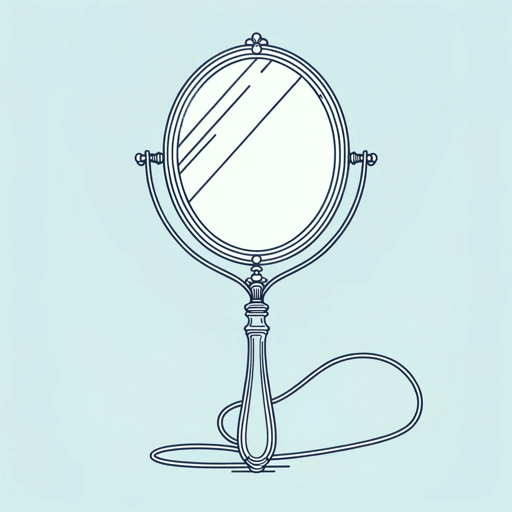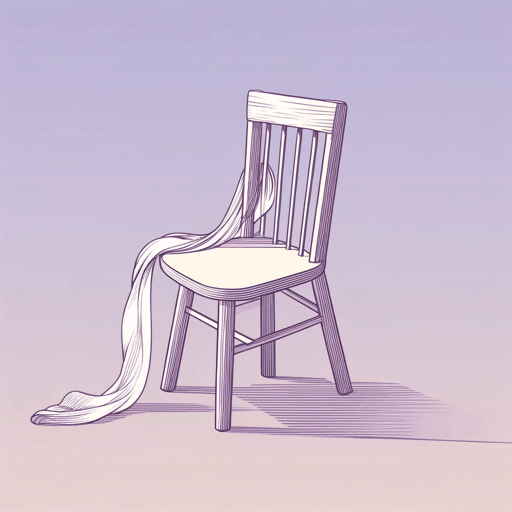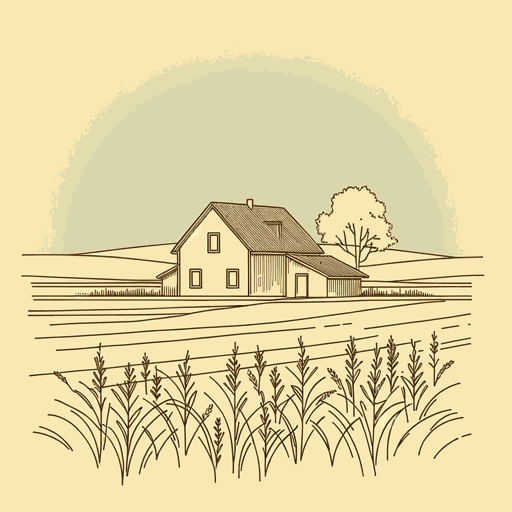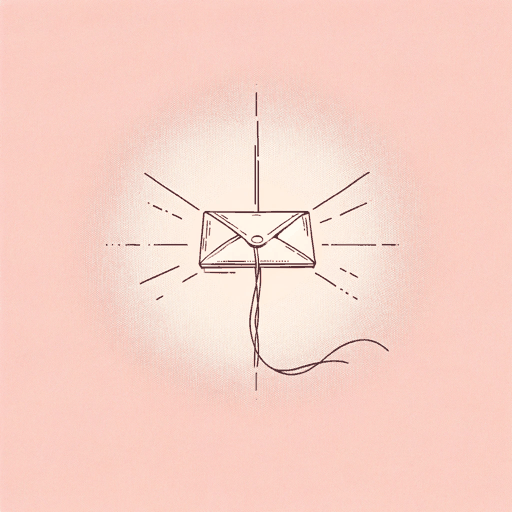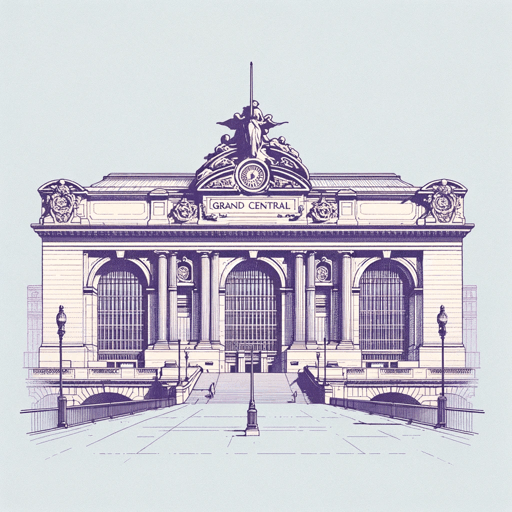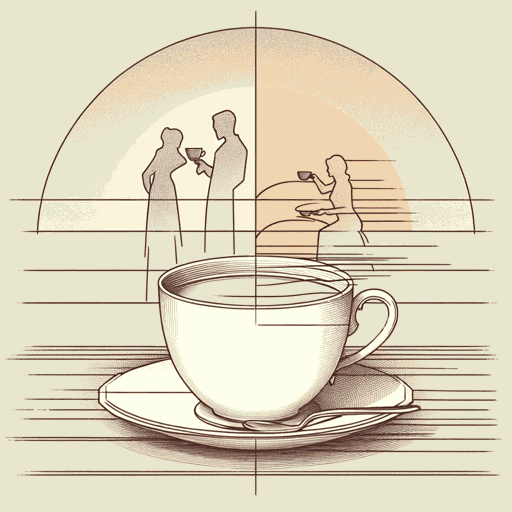54 pages • 1 hour read
Edith WhartonThe Custom of the Country
Fiction | Novel | Adult | Published in 1913A modern alternative to SparkNotes and CliffsNotes, SuperSummary offers high-quality Study Guides with detailed chapter summaries and analysis of major themes, characters, and more.
Important Quotes
“But for this ornament, and a copy of ‘The Hound of the Baskervilles’ which lay beside it, the room showed no traces of human use, and Mrs. Spragg herself wore as complete an air of detachment as if she had been a wax figure in a show-window. Her attire was fashionable enough to justify such a post, and her pale soft-cheeked face, with puffy eye-lids and drooping mouth, suggested a partially-melted wax figure which had run to double-chin.”
(Chapter 1, Page 3)
This quote exemplifies Wharton’s use of setting as symbol. The descriptions of Mrs. Spragg’s room parallel her characterization. This quote demonstrates that Mrs. Spragg is insecure in her New York life. She lives in a hotel that implies a transience, as though at any moment she and her family will have to pack up and move away. Mrs. Spragg is characterized as a wax figure, a bland characterization that parallels her room’s lack of life.
“Undine was fiercely independent and yet passionately imitative. She wanted to surprise every one by her dash and originality, but she could not help modelling herself on the last person she met, and the confusion of ideals thus produced caused her much perturbation when she had to choose between two courses.”
(Chapter 2, Page 11)
Here, Undine is characterized through a paradox. Although she’s independent, she’s also imitative. This emphasizes her youth; she doesn’t know how to behave, so she looks to others to learn what kind of woman she can be. In addition, this passage highlights that Undine is ambitious but inauthentic, a quality that can hurt her chances of being accepted by elite New York society.
“It was an observation they had made in her earliest youth—Undine never wanted anything long, but she wanted it ‘right off.’ And until she got it the house was uninhabitable.”
(Chapter 4, Page 22)
This characterization of Undine portrays her as spoiled. Undine’s flighty desires cost her family dearly, both financially and emotionally. Undine wants to live beyond her means because she feels that she’s owed a glamorous and popular lifestyle. This foreshadows further conflict in the novel because Undine’s desires are unstable and taxing on others.
Related Titles
By Edith Wharton
Featured Collections
American Literature
View Collection
Challenging Authority
View Collection
Class
View Collection
Class
View Collection
Community
View Collection
Family
View Collection
Historical Fiction
View Collection
Marriage
View Collection
Nation & Nationalism
View Collection
Popular Book Club Picks
View Collection
Power
View Collection
School Book List Titles
View Collection
